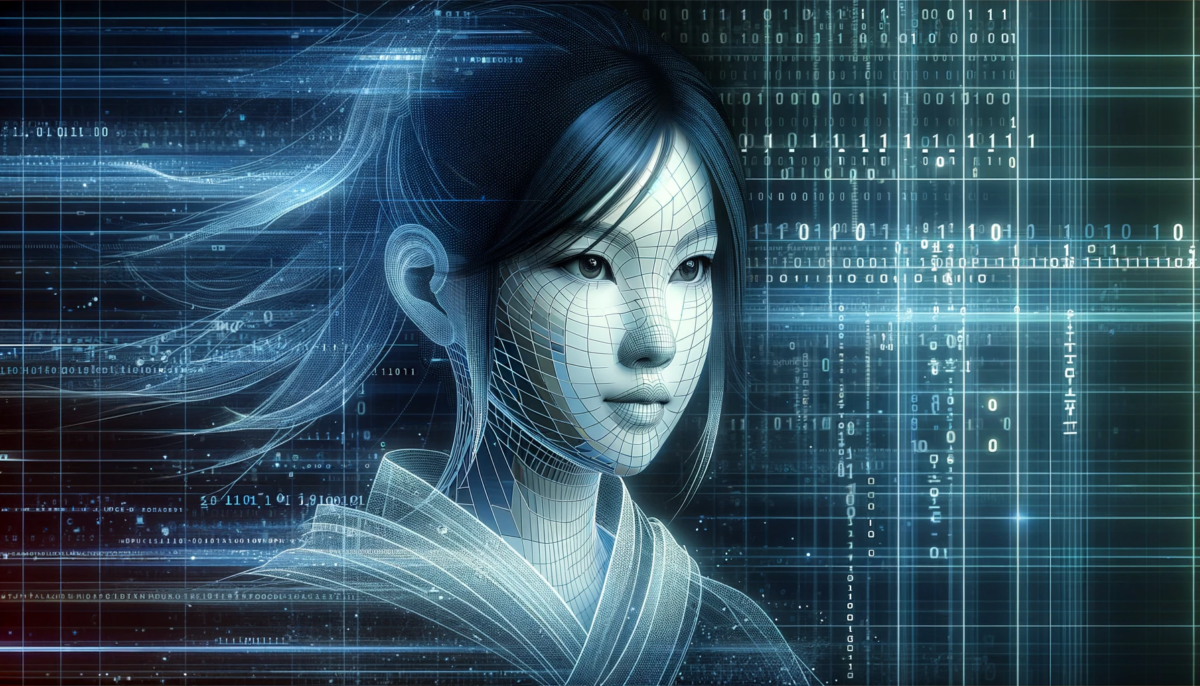The Beijing Internet Court has ruled in favor of copyright protection for an AI-generated image.
The plaintiff, Li, had used Stable Diffusion to create a photorealistic image of a young Asian woman and shared it on a Chinese Instagram-like platform. The blogger, Liu, then shared the image on another Chinese content platform without permission. Li then filed a lawsuit for copyright infringement.
The Beijing Internet Court has now ordered the defendant Liu to publicly apologize, pay the plaintiff Li 500 yuan (about $70.43) in damages and 50 yuan in court costs.
The court found that Li "made a certain degree of intellectual investment" in selecting the prompt, setting its parameters, and designing the final output. The originality of the controversial image is a testament to Li's "aesthetic choice and personal judgment," reports the South China Morning Post.
The Court emphasized that encouraging creativity is the primary purpose of the copyright system. As long as an AI-generated image reflects the original intellectual investment of a human being, it must be considered a copyrighted work.
However, the Beijing Internet Court clarified that future disputes regarding the personal expression of authors in AI-generated images should be decided on a case-by-case basis.
Possible precedent for AI copyright in China
This is the first ruling by a Chinese court on copyright law regarding AI-generated content. It could therefore serve as a precedent for future negotiations.
Lawyer Qiao Wanli, senior partner at Zhejiang Zeda Law Firm, which specializes in intellectual property, makes the distinction that copyright law is designed to protect intellectual creations by humans. But in the case of AI-generated content, the human is the one who gives instructions and guidelines, while the AI does the actual creation.
Qiao Wanli believes the Beijing Internet Court's ruling could have far-reaching implications for future AI copyright disputes, potentially benefiting Chinese big tech companies that offer similar generative AI tools. "There’s a trillion-dollar AI industry behind that 500-yuan ruling."
Angela Zhang, associate professor of law and director of the Center for Chinese Law at the University of Hong Kong, said the decision could set a strong precedent for similar cases.
The Beijing Internet Court's ruling contrasts with a decision by the U.S. Copyright Office in February. At that time, the U.S. agency ruled that while an entire AI-generated work could be copyrighted, individual AI-generated images within it could not because they were not the product of human authorship. A text prompt wasn't considered a high enough creative accomplishment.
